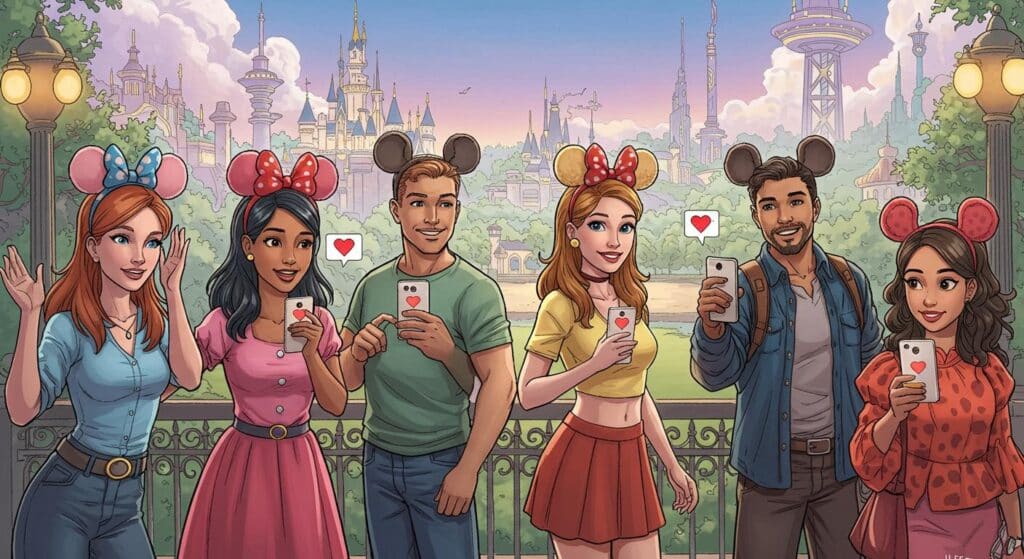Sometimes, the most unassuming party becomes a case study in public perception. Over the weekend, Barcelona and Spain’s young football sensation Lamine Yamal hosted his 18th birthday—a glittering affair packed with teammates, musicians, influencers, and, as Sky News reports, entertainers that included several people with dwarfism. While this detail might once have gone unnoticed, in 2025 it almost guarantees headlines—and, in this instance, a rapidly escalating controversy.
When Party Entertainment Crosses a Line
According to local coverage and footage circulating online, the presence of people with dwarfism as entertainers at Yamal’s party drew attention from Spain’s Association of People with Achondroplasia and other Skeletal Dysplasias (ADEE), which considers the incident a violation of the country’s disability rights laws. ADEE’s president, Carolina Puente, denounced the practice, insisting, “The dignity and rights of our community cannot be a source of amusement under any circumstance.” The group’s intention to initiate legal proceedings adds a level of gravity that most 18th birthday celebrations—no matter how extravagant—tend to avoid.
If the response from officials is any measure, this party has moved well beyond the private realm. Spain’s director general for the rights of persons with disabilities, Jesus Martin Blanco, is seeking an investigation, noting in remarks relayed by the news agency EFE via Cadena Ser that “a guy who has so many followers, an influencer for young people, is throwing this kind of party that can have a knock-on effect.” It’s often said that no one is above the law; here, Blanco drives that theme home, reiterating that “the law is for everyone, for the humble and for the powerful.”
Perspectives in the Spotlight
Whenever a debate erupts over employment and representation, the question of consent surfaces soon after. In a segment highlighted by Catalonian radio station RAC1, one of the entertainers contracted for the event shared a less sensational, more pragmatic perspective: “We are only asking they let us work. We have our own contracts, we are normal people, self-employed and do everything legally. I don’t know why there’s so much noise right now.” From this view, what’s at stake is the freedom to work and to be seen as professionals, not a debate about exploitation.
It’s an argument that resists a one-note reading. Earlier in the coverage, Sky News references the tension between historic mistreatment of people with dwarfism and the reality that some individuals choose and freely contract for such work. Is this employment empowering, demeaning, or simply neither—just a job at someone’s over-the-top birthday?
Whose Narrative Prevails?
The absence of public comment from Yamal’s representatives or Barcelona FC—both contacted by reporters, but so far silent—perhaps says as much as any official statement would. When public outcry competes with personal autonomy and professional pride, how—and by whom—is the line drawn?
It’s a scenario that manages to be both specific and weirdly universal. Does context matter more than intent? Are advocates protecting a vulnerable community, or undercutting their agency? And should the definition of dignity in work be collectively decided, or left to the individuals involved?
Amid questions about legality and public image, it’s oddly fitting that a footballer’s milestone birthday has offered so much for the rest of us to quietly parse. As the confetti settles, there’s something to be said for the way modern celebrations, thanks to social media and vigilant advocacy, can suddenly lend themselves to debate—and occasionally, to a fresh look at what we call entertainment.







